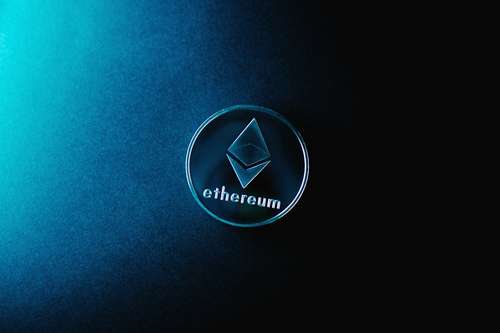
The gaming industry is one of the entertainment industry's biggest niches and proliferating. According to a research report, the gaming market size is 202.64 billion. With technologies such as AR/VR, the industry is exploring new facets of immersive gaming, and the advent of 5G has bolstered the online gaming space.
While these developments occur, it is interesting to note that gamers and players expect more control over the game, gaming presence, and more. This persisting demand was met with the help of blockchain integration.
What is Blockchain?
Blockchain technology, also known as Distributed Ledger Technology (DLT), is a way for people to maintain records of transactions in a decentralized fashion. The tech has several use cases, such as.
Cryptocurrencies: These are digital coins with different purposes based on the project. For instance, Bitcoin is the first ever crypto asset used as a payment currency and as an alternative to fiat currency. Another instance is Ethereum, the second-biggest coin that uses its network as a platform for others to build applications. Like this, there are different types of crypto assets.
Non-Fungible Tokens (NFTs): These assets can represent any tangible or intangible object on the blockchain. One can create NFTs of art, music, videos, legal documents, and more. Essentially, anything can be represented on the blockchain.
While there are other use cases, including DeFi, gaming majorly uses cryptocurrencies and NFTs. Let us understand how this happens.
Integration of Blockchain and Gaming
Blockchain games were created to build more user-friendly and user-controlled spaces for enthusiasts and lovers of gaming. This began with the Play to Earn (P2E) business model. This model is known for two significant facets:
● People can earn money and rewards that can be used in the real world.
● People can truly own the assets they purchase, benefit from, and make money from them.
Here’s how it works:
P2E games are built on the blockchain network and constructed such that there is an in-game cryptocurrency. This is used as a payment currency which is used for giving rewards to the players. The currency can be exchanged within the game or on third-party exchanges for other cryptocurrencies such as Bitcoin, Ethereum, or even fiat currency.

All the assets within the game, including skins, weapons, upgrade items, character avatars, and more, are in the form of NFTs. These NFTs can be used while playing the game or sold on the in-game marketplace in exchange for the in-game payment currency, which can later be exchanged.
In contrast, traditional games seldom have the option of players earning money by playing games. Furthermore, the in-game assets do not have real-world value, and the true ownership lies with the game’s owners. Besides this, the creation of accounts, gaming identities, and more, are under the game development studios’ control. At any point, they can suspend player accounts, add or delete certain features, and essentially do anything with the games.
Blockchain games, thus, are valuable in shifting control to the players and gamers instead of studios. Here, people can earn real money, meaning the time they invest in playing the games results in real-world benefits. The ownership of assets is completely theirs. They can leverage these assets by selling them to someone else on the marketplace, renting to other players, and more.
Besides this difference, many blockchain games and metaverse projects provide governance features. This is done with the help of governance tokens. People who buy these tokens can weigh in on decisions about the platform’s development and determine how it will evolve. Thus, the game’s evolution is in the hands of the players who play it.
However, we’re still in the nascent stages. With emerging concepts such as self-sovereign identities, Web3 is transforming the gaming landscape. Besides this, gamers will also be owners of their gaming content, can monetize it, and earn from the same. As we transition, the control will shift from the studios and owners to users, consumers, and gamers.




